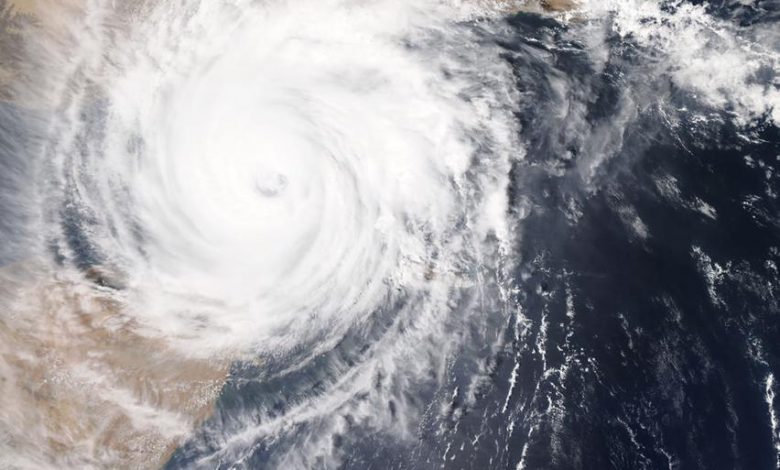Continued attention to climate crisis imperative

Climate change is a worldwide issue in the modern age and should continue to be addressed before it is beyond control, Zimbabwe has not been spared and the Government pledged to reduce greenhouse gas emissions to avert catastrophic impacts of climate change.
Before the end of the century, climate change will lead to temperature rise of about 3 degrees celsius in Zimbabwe. There will be an increase in droughts, storms and floods, this is according to the Research Advocacy Unit based in Harare.
Change in climate has adverse effects on economic activities reliant on the weather. Last year’s winter season saw some farmers lose their crops to frost, tomatoes and onions were some of the plants affected. Farmers would wake up to glassy ice in their fields some even covered the crops.
According to allafrica.com, Zimbabwe fine-tuned its symbiotic relationship with the Green Climate Fund, a development that will increase climate funding to the country for tackling climate-changing emissions, and to boost resilience against climate variability’s dangerous impacts. Initiatives like this will aid in mitigating effects of climate change in the country.
Zimbabwe has experienced drought in the past leading to the death of crops and livestock, flooding led to loss of crops in the field. Cyclone Idai in Manicaland was the country’s worst effects of climate change to date with loss of lives and property. The effects of the cyclone are still felt even now, two years later.
A collective effort is needed to deal with climate change including conserving energy, using clean energy and engaging communities on the knowledge of climate change and the importance of taking part in initiatives to improve it.





